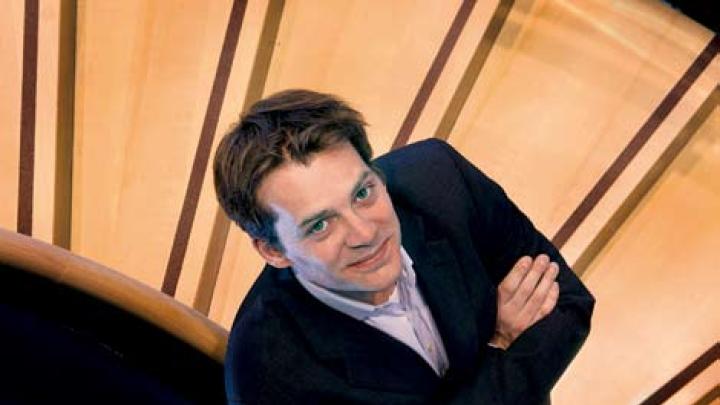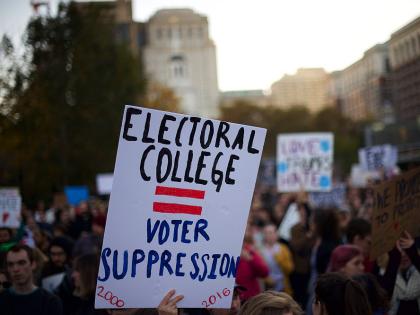A very long bookshelf in Jens Meierhenrich’s Harvard office holds a complete transcript of the Nuremberg trial of major war criminals, in 42 volumes. “I had to break the bank to buy them,” he says. But these are essential references for the German-born, 33-year-old scholar, who tells students that his “interest in genocide is both professional and personal”; much of his research on genocide and transitional justice is about “finding a lens to revisit my own country’s history.” Meierhenrich, an assistant professor of government and of social studies since 2005, has peered through that lens in South Africa and Rwanda and at the International Criminal Tribunal for the Former Yugoslavia in The Hague. This fall, in Japan, he’ll investigate the Tokyo tribunalGeneral MacArthur’s response to Japanese atrocities during World War II. Beginning in 2008, Princeton will publish Meierhenrich’s interdisciplinary trilogy on genocide. “I’m little concerned about morality tales. We are all outraged by genocide,” he says. “We need to understand not only why people kill, but how they kill. Victims in the Armenian genocide, for example, were crucified and had crosses tattooed on their foreheads. In Rwanda, certain bodies were dumped in the river, sending them, symbolically, ‘back to Ethiopia.’ You can transmit a message in the way you kill.” Meierhenrich has no bachelor’s degree, but after working for nearly two years at research centers in South Africa, he won a Rhodes Scholarship to Oxford, where he earned a D.Phil. in politics and international relations. Next came Columbia, and then the Kennedy School of Government. In 2002, he took a group of undergraduates to Rwanda for two months. This summer, he’s doing it again.
Jens Meierhenrich

Jens MeierhenrichPhotograph by Fred Field
You might also like
Talking About Tipping Points
Developing response capability for a climate emergency
Academia’s Absence from Homelessness
“The lack of dedicated research funding in this area is a major, major problem.”
The Enterprise Research Campus, Part Two
Tishman Speyer signals readiness to pursue approval for second phase of commercial development.
Most popular
More to explore
What is the Best Breakfast and Lunch in Harvard Square?
The cafés and restaurants of Harvard Square sure to impress for breakfast and lunch.
How Homelessness is a Public Health Crisis
Homelessness has surged in the United States, with devastating effects on the public health system.
Portfolio Diet May Reduce Long-Term Risk of Heart Disease and Stroke, Harvard Researchers Find
A little-known diet improves cardiovascular health through several distinct mechanisms.








